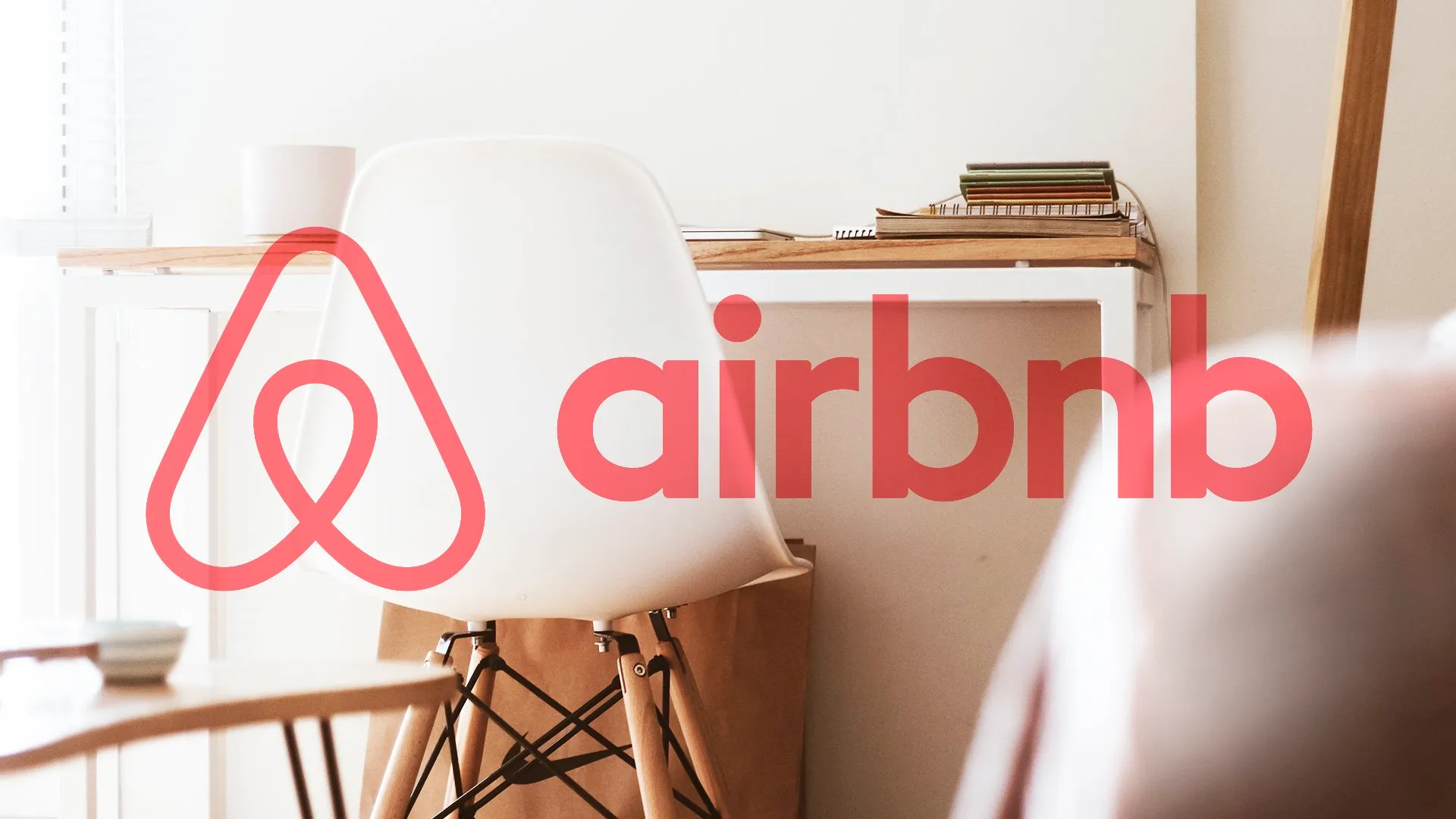The real estate market has evolved, and one of the most profitable strategies today is Airbnb rental arbitrage. If you’ve ever dreamed of earning passive income through short-term rentals but don’t own property, this could be your golden ticket.
In this guide, we’ll break down everything you need to know about Airbnb rental arbitrage, how it works, the pros and cons, legal considerations, and how I Premier Homes can help you launch and scale your business effortlessly.
What Is Airbnb Rental Arbitrage?
Airbnb rental arbitrage is a business model where you lease a property long-term from a landlord, then sublease it as a short-term rental on Airbnb or other platforms. Instead of buying real estate, you act as a middleman, securing a lease at a fixed rate and profiting from the higher nightly rates on Airbnb.
This strategy is ideal for entrepreneurs who want to enter the short-term rental market with minimal upfront investment compared to traditional real estate investing.
How Does Airbnb Rental Arbitrage Work?
Here’s a step-by-step breakdown of how to start:
1. Find a Landlord Willing to Work With You
Not all landlords allow subleasing, so you’ll need to negotiate a lease agreement that permits short-term rentals. Some tips:
- Look for properties in high-demand tourist areas.
- Offer the landlord higher rent or a revenue share to sweeten the deal.
- Present a professional business plan to gain trust.
2. Secure the Lease Agreement
Ensure the lease explicitly allows subleasing for Airbnb. Some landlords may require:
- A higher security deposit.
- Proof of liability insurance.
- A clause for property maintenance.
3. Furnish & Stage the Property
Since Airbnb guests expect a hotel-like experience, invest in:
- Quality furniture & decor.
- High-speed Wi-Fi & smart locks.
- Professional cleaning services.
4. List & Optimize Your Airbnb
To maximize bookings:
- Take high-quality photos.
- Write a compelling listing description.
- Set competitive pricing using dynamic pricing tools.
5. Manage & Scale Your Business
Once your first unit is profitable, consider expanding by leasing more properties. Automation tools can help with:
- Guest communication.
- Cleaning & maintenance.
- Pricing adjustments.
Pros & Cons of Airbnb Rental Arbitrage
✅ Pros:
✔ Low Startup Costs: No need to buy property.
✔ Scalable: Add more units as you grow.
✔ Passive Income: Earn while outsourcing management.
✔ Flexibility Operate in multiple locations.
❌ Cons:
✖ Landlord Restrictions: Not all leases allow subleasing.
✖ Higher Operational Costs: Furnishing, utilities, and maintenance add up.
✖ Market Saturation: Some cities have strict Airbnb regulations.
Is Airbnb Rental Arbitrage Legal?
Yes, but local laws vary. Some cities require:
- Short-term rental permits.
- Business licenses.
- Occupancy taxes.
Always check local regulations and ensure your lease permits subleasing.
How Much Can You Earn with Airbnb Rental Arbitrage?
Earnings depend on:
- Location (high-demand areas = higher rates).
- Occupancy rate (aim for 70%+).
- Operating costs (cleaning, utilities, etc.).
A well-managed Airbnb arbitrage property can generate $2,000–$5,000+ per month after expenses.
Why Choose I Premier Homes for Your Airbnb Arbitrage Business?
Starting an Airbnb rental arbitrage business can be overwhelming, but I Premier Homes simplifies the process. We offer:
Lease Negotiation Assistance: Help secure landlord approval.
Property Setup & Furnishing: Turnkey solutions for quick launches.
Management Services: Handling bookings, cleaning, and maintenance.
Scaling Support: Grow your portfolio with expert guidance.
Ready to Start Your Airbnb Arbitrage Journey?
Contact I Premier Homes today and let us help you build a profitable short-term rental business without the hassle of property ownership!

